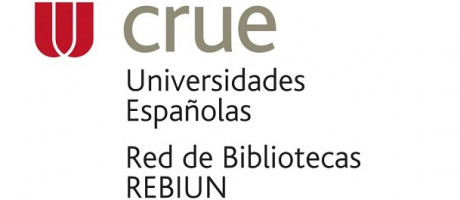Kants Hedonismus
Resumen
Immanuel Kant famously rejected hedonism. It is, however, much less known that Kant himself – despite his rejection of hedonism in moral matters – puts forward a hedonistic theory when he talks about human happiness. While this essay is primarily concerned with a discussion of what I shall call Kant’s „prudential hedonism“, my findings are also systematically relevant, in at least two ways: Firstly, Kant’s argumentative strategy – dismissing hedonism with regard to morality, while endorsing it with regard to human happiness– suggests that hedonism as a philosophical approach deserves a nuanced treatment. Secondly, Kant’s own hedonism suggests that this approach might have a considerably higher systematic potential as hedonism is frequently granted in contemporary debates. In this essay, I will start by sketching Kant’s prudential hedonism. Then, I will discuss three difficulties my reading encounters – the indeterminacy of pleasure, the possibility of something like a „theory“ of well-being in Kantian terms, and the problem of a deficit in autonomy –, before returning to the two systematic implications of my interpretation in the conclusion.
Texto completo:
PDFEnlaces refback
- No hay ningún enlace refback.
Indexada en: CAPES/ Qualis Periódicos: A3

![]()







Revista de Estudios Kantianos. Publicación internacional de la SEKLE.
e-ISSN: 2445-0669
Contacto: rek.kant@gmail.com

